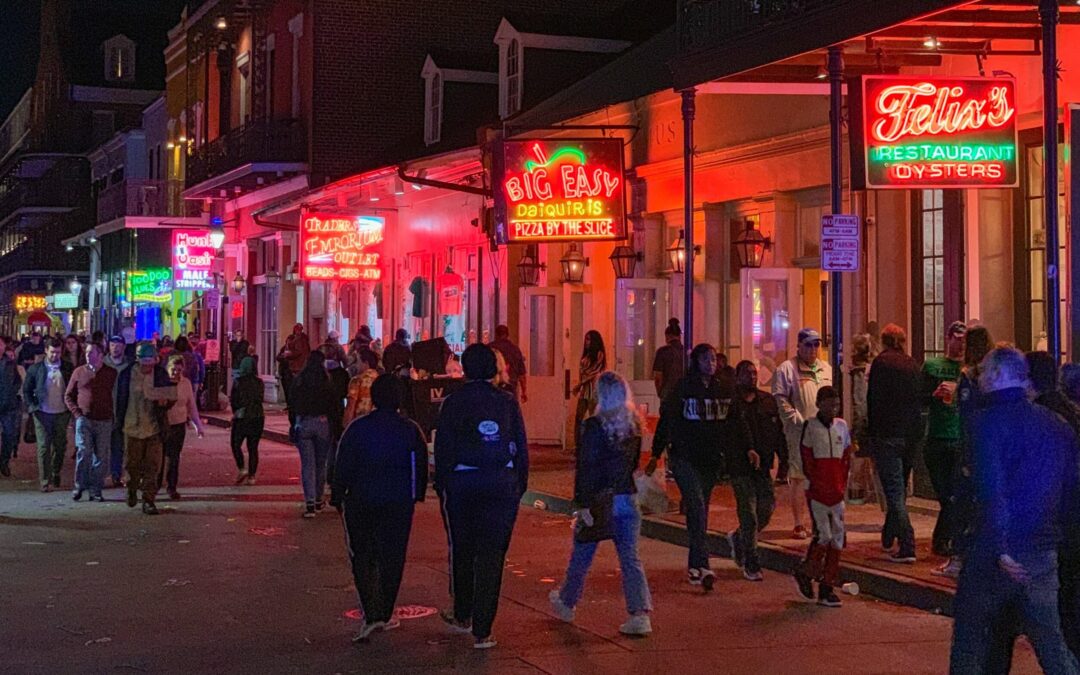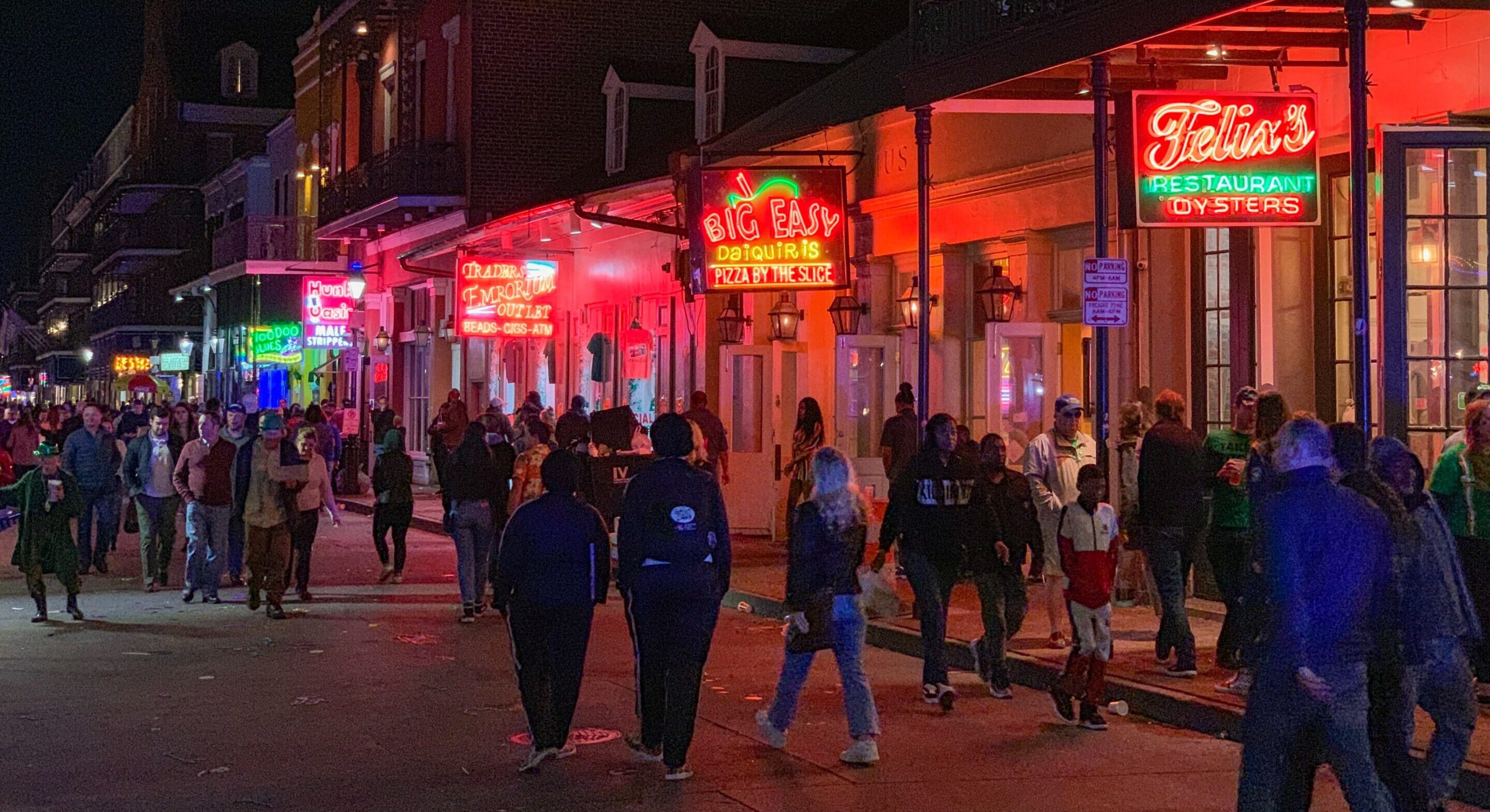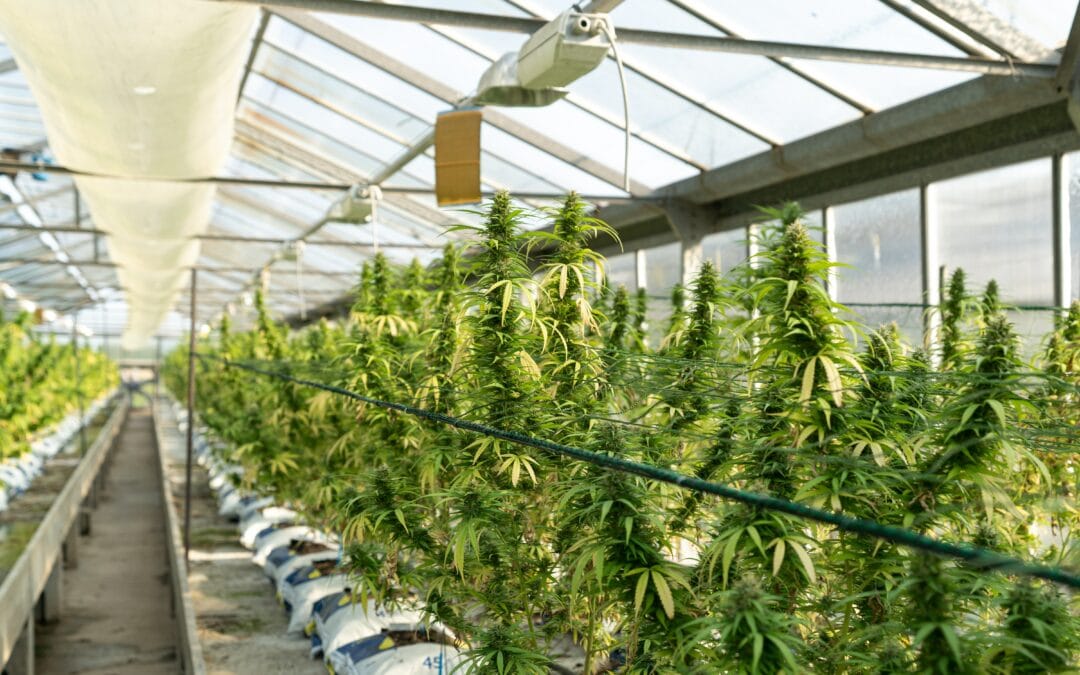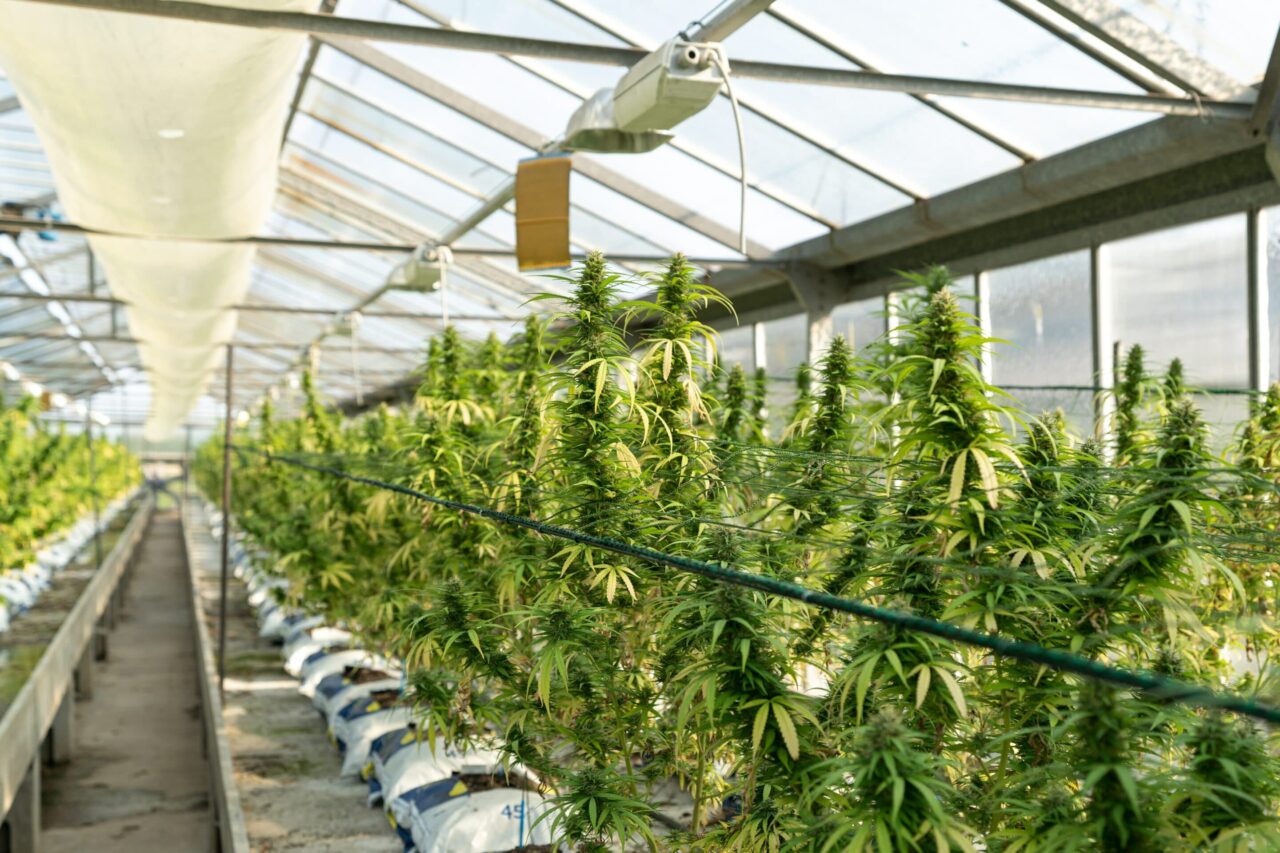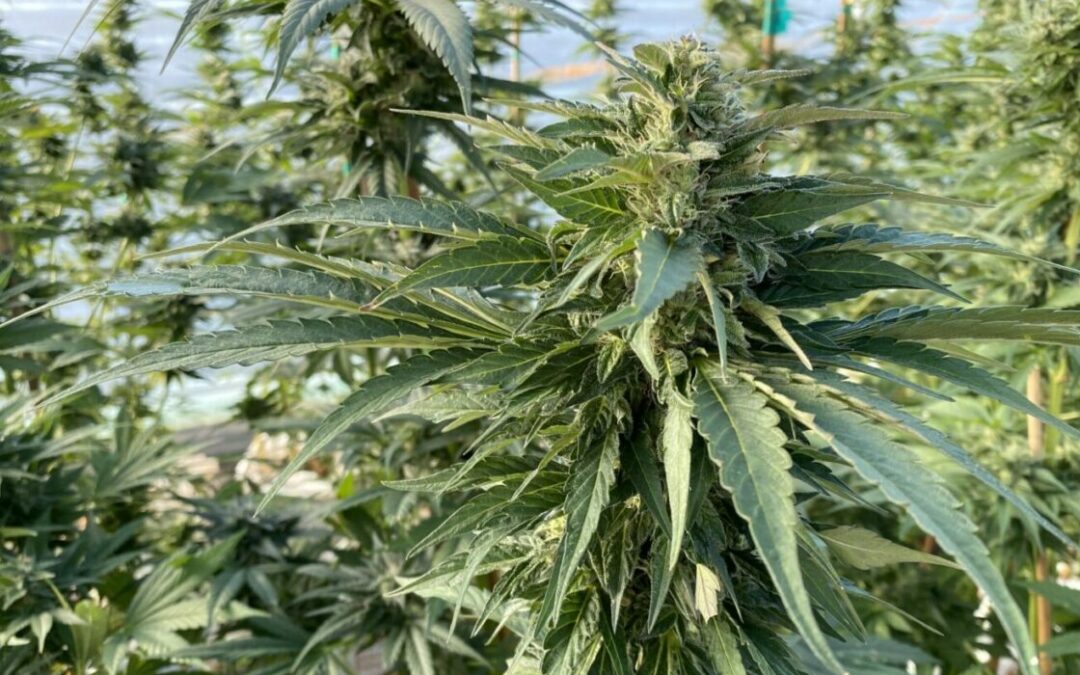
Connecticut Cannabis Legalization Bill Headed to Governor
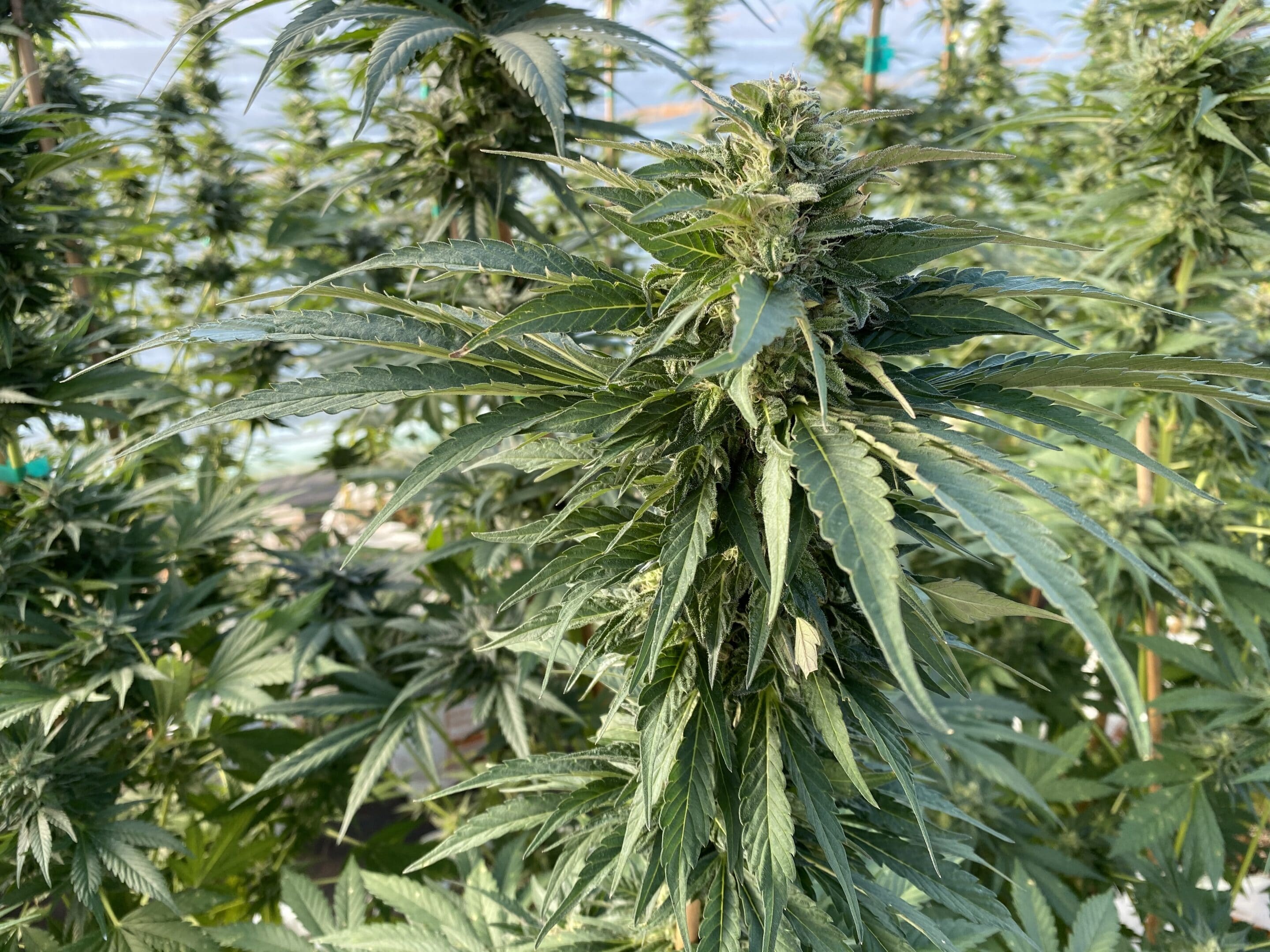
On Thursday, the state’s legislature voted to broaden its policy that so far has limited use of the drug for medical purposes. Gov. Ned Lamont, who helped introduce the bill, is expected to sign the bill into law.
“It’s fitting that the bill legalizing the adult use of cannabis and addressing the injustices caused by the war of drugs received final passage today, on the 50-year anniversary of President Nixon declaring the war,” Lamont said in a statement on Thursday. “The war on cannabis, which was at its core a war on people in Black and Brown communities, not only caused injustices and increased disparities in our state, it did little to protect public health and safety.”
Under Senate Bill 1201, approved by the state’s senate on Thursday, slated to become effective on July 1, adults 21 and older can legally purchase and possess marijuana for recreational use. Individual possession limits are capped at 1.5 ounces of cannabis or equivalent cannabis concentrate, with up to 5 ounces of cannabis or equivalent cannabis concentrate permitted in a locked container.
Recreational retail sales are not scheduled to begin until May of next year, according to the measure. And residents looking to grow marijuana plants for their own recreational use will have to wait to do so until 2023. Home cultivation for authorized medical patients can begin as soon as October this year.
In February, Lamont published revenue projections estimating that sales from an adult-use cannabis program starting in May 2022 would generate tax revenues of approximately $33.6 million by fiscal year 2023. According to the estimate, that number would jump to $97 million by fiscal year 2026.
The vote by Connecticut’s lawmakers comes amid a wave of recent state legalizations, including by regional neighbors New Jersey and New York, and others still scheduled to take effect this year.
New Jersey residents officially voted to legalize recreational weed beginning January 1. New York followed and green-lighted adult use on March 31.



